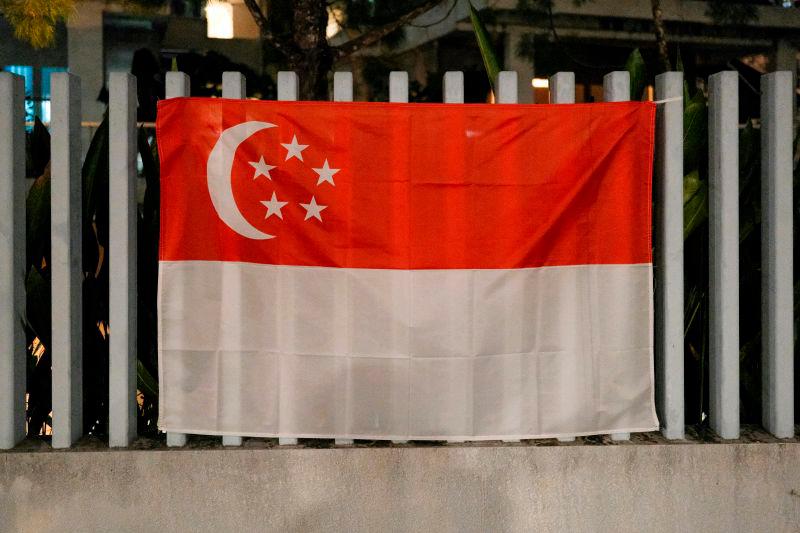SINGAPORE is negotiating concessions for pharmaceutical exports to the U.S. while ensuring it still has access to high-end AI chips from the American market, said Trade and Deputy Prime Minister Gan Kim Yong.
Gan had a call with U.S. Secretary of Commerce Howard Lutnick on Friday and Lutnick expressed concern about export controls of chips “not just to Singapore, but generally” and wanted to explore “creative solutions” to strengthen bilateral trade, according to a transcript published by the trade ministry on Sunday.
“We took the opportunity to explain to Secretary Lutnick about Singapore's export control system and how we have been working together with the U.S. counterparts in this area, to the extent that our law permits,“ Gan said.
He added that Singapore does not condone companies taking advantage of their presence in Singapore to undermine U.S. export controls.
Pharmaceuticals, which U.S. President Donald Trump has threatened tariffs on, make up more than 10% of Singapore's exports to the U.S. and it was important for Singapore to seek concessions on this front, Gan said.
“I think these two areas are very important and it is something that we are very happy to see there is progress being made in our discussion between Singapore and the U.S.,“ said Gan, stressing that it was “not a done deal yet”.
In February, Singapore charged three men with fraud for buying servers that authorities said might contain Nvidia chips and sending them on to Malaysia.
Singapore faces a 10% levy from the U.S. despite a bilateral free trade agreement, compared to much steeper tariffs imposed on its neighbours, and has warned of uncertainty in its trade-reliant economy and the possibility of recession and job losses.
The wealthy city-state has downgraded its GDP forecast for the year to 0%-2% after a 0.8% quarter-on-quarter contraction in the first quarter of 2025.
Singapore is holding a general election on May 3 amid this softening outlook with cost of living pressures high on the electorate's minds.









